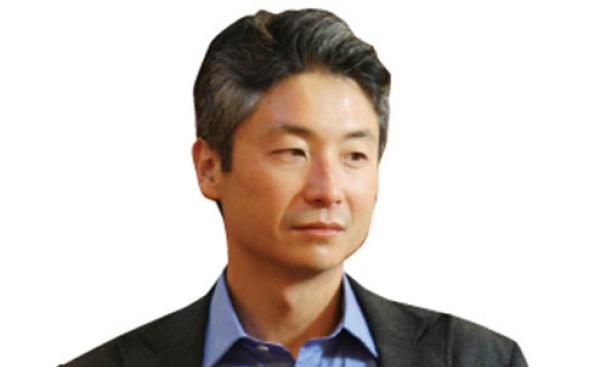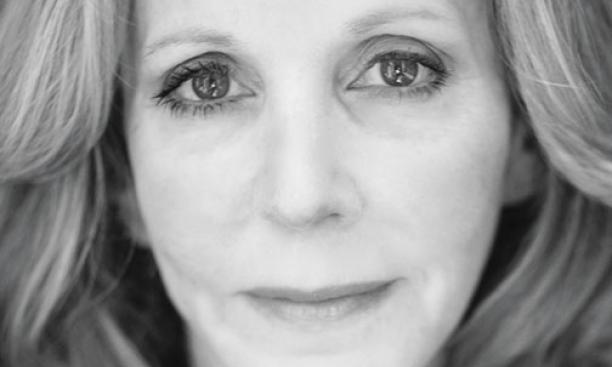Creative writing professor Chang-rae Lee

Chang-rae Lee is known as a gifted storyteller whose novels have captured America’s complex relationship with its many immigrant communities. In his latest work, Lee, a professor of creative writing, reaches a century into the future and imagines the country as a ruin. Environmental catastrophes have struck, abandoned American cities have been transformed into labor colonies filled with immigrant workers, and class stratification is more pronounced than ever. On Such a Full Sea is the story of one nervy girl who defies the rules, and a commentary on the growing divisions in American society.
Lee spoke with Rebecca Newberger Goldstein *77, a philosopher and novelist whose work combines scientific exploration with imaginative narratives. Her latest book, Plato at the Googleplex: Why Philosophy Won’t Go Away, will be published in March.
RG: What prompted you to write a novel set in the future?
CL: I didn’t set out to write a futuristic tale. It only came about after toying with an odd idea about the resettlement of long-blighted urban areas of the United States by foreigners — more specifically, by Chinese nationals whose city or area had been environmentally ruined. The more I thought about it, the more I was drawn into the notion, but I couldn’t see this happening anytime soon. However, I could imagine the scenario as a possibility in a very different future, say when America might be in severe economic and social decline. Thus the futuristic setting.
RG: On Such a Full Sea describes a dystopia in which class boundaries are enforced geographically. There’s a fable-like quality to the novel that, on the surface, seems different from your previous realist novels. But on a thematic level, it seems there’s a strong sense of continuity — the mood of alienation, the sense of never feeling confident that you know the rules of the game.
CL: I do think this book is quite different from my others, though not primarily because of the world it describes. This story is set in the future but it’s not terribly “futuristic,” so I didn’t find myself doing a lot of that nuts-and-bolts, science-fiction world-building. Many so-called “ethnic” or “minority” novels might well be read as novels about people encountering strange and often inhospitable realms and citizenries, and in this regard I feel I’ve been writing “dystopian” fictions all along; the difference in those novels is that the dystopian tension exists for only a small part of the populace.
RG: You raise provocative questions about social class. What do you hope to get readers thinking about?
CL: The book expresses several of my concerns about the direction we’re taking as a nation and world, most pointedly in terms of class division. The society of the novel is divided three ways — the elite and educated rich, the ever-laboring middle class, and the left-to-their-own-devices poor. These are rigid divisions in which mobility between the classes is near impossible, which I fear is happening to us. I think we can all sense the deepening entrenchment of those who have wealth and education and those who lack it, and can see how self-perpetuating those conditions are. I fear we don’t actually live in a single society anymore. We don’t readily see them, but there are walls between us.

Rebecca Newberger Goldstein *77
Photo: Steven Pinker
Courtesy Princeton University